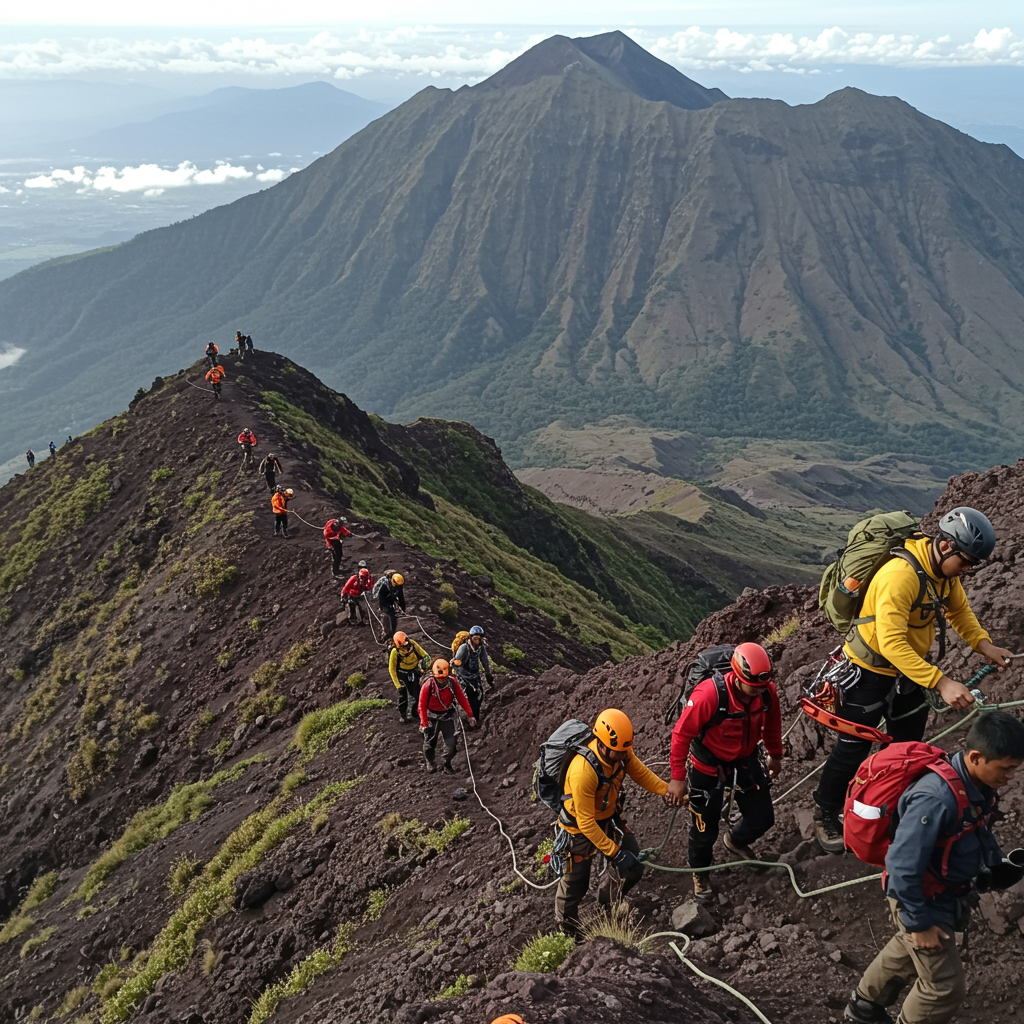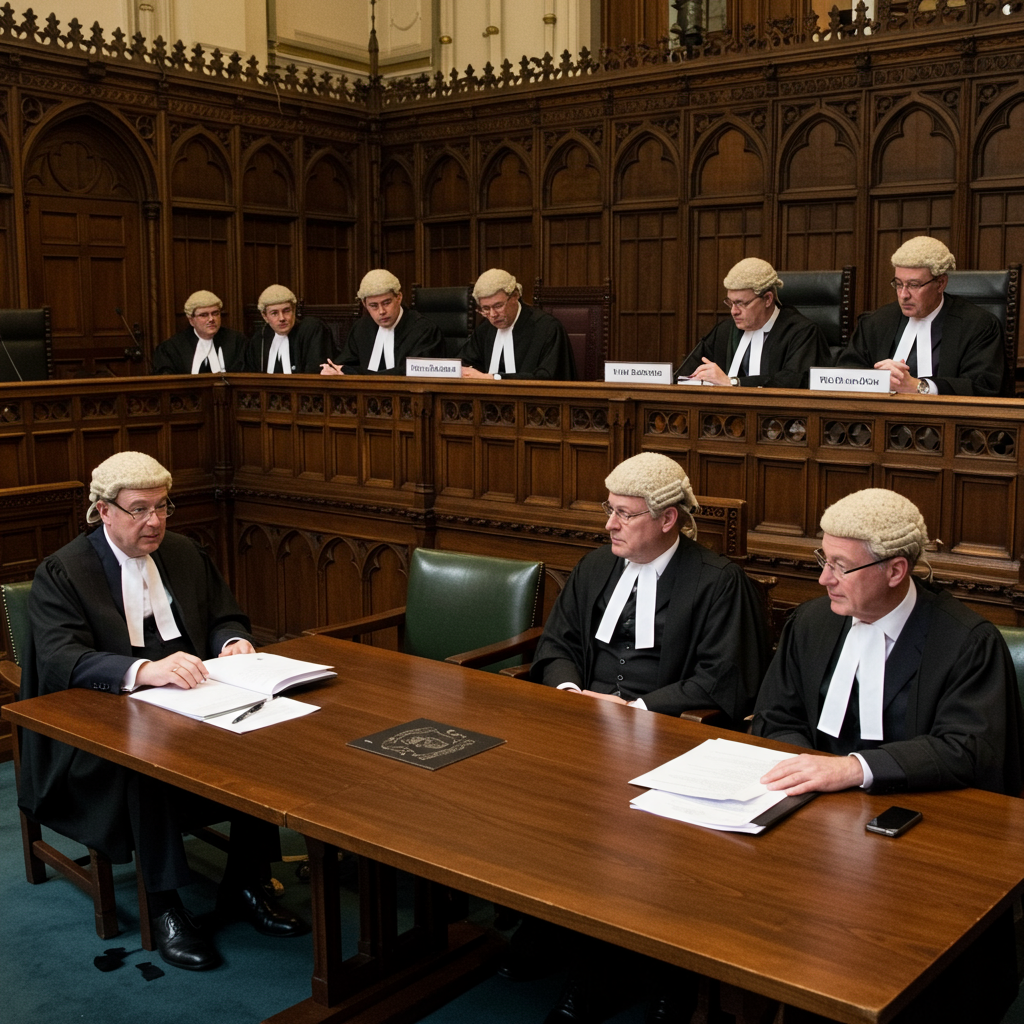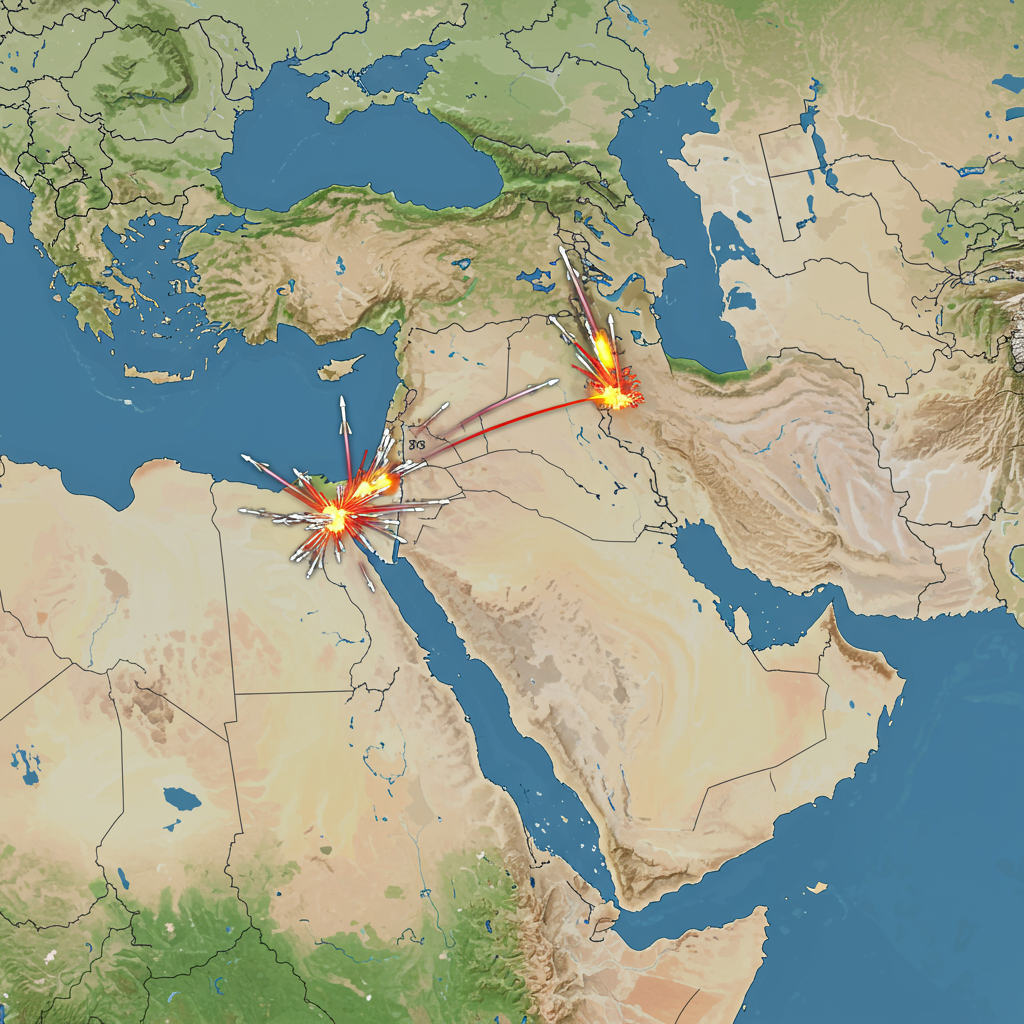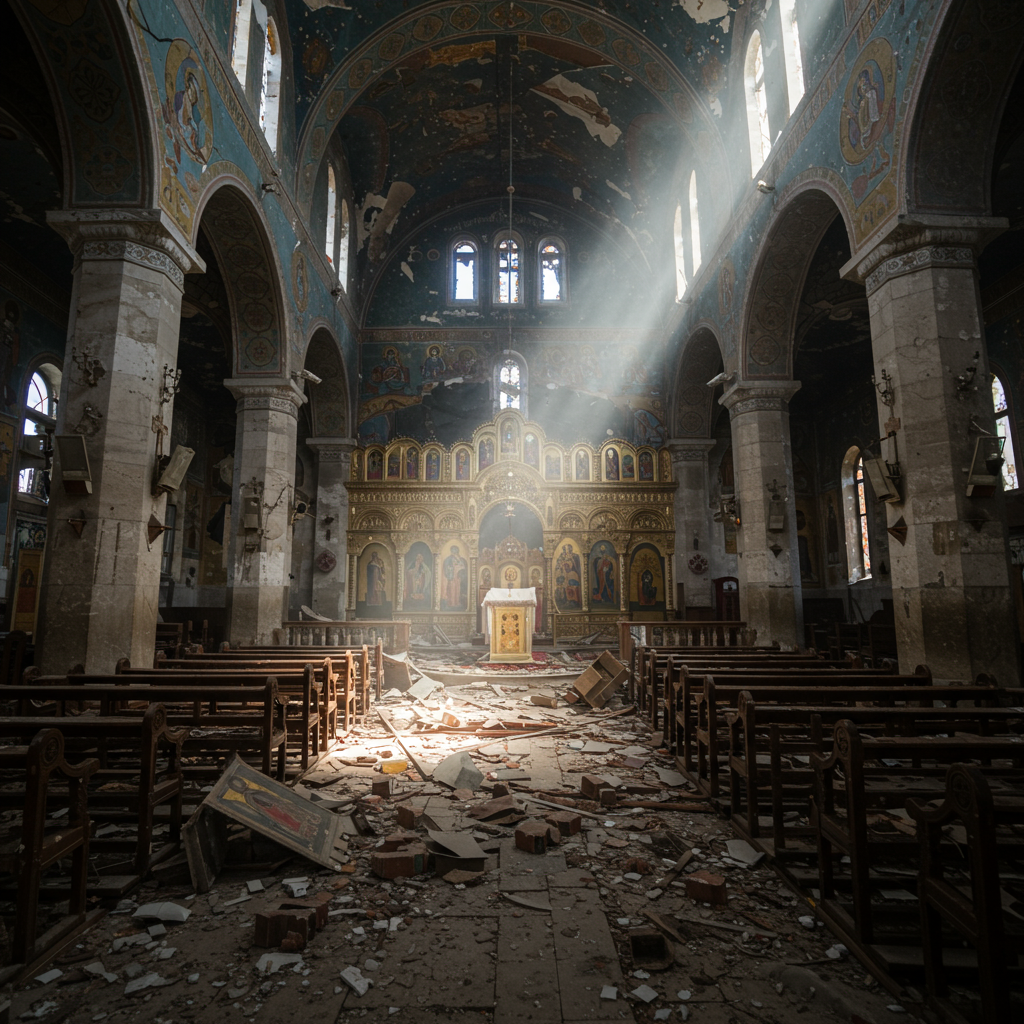Tragedy struck on Indonesia’s Mount Rinjani volcano this week as a Brazilian tourist who fell during a hike was found dead after a multi-day search. Juliana Marins, a 26-year-old dancer and publicist from Brazil, was confirmed deceased by her family and rescuers following the complex operation.
Marins was backpacking through Asia, having recently visited Thailand and Vietnam, before arriving on Lombok Island, Indonesia.
The Incident on Mount Rinjani
The fatal incident occurred early Saturday morning (June 21) as Marins was hiking with a group of five friends and a local guide near the crater of Mount Rinjani, Indonesia’s second-tallest volcano. Accounts suggest she fell from a steep cliff edge bordering the trail. Members of her group described the terrain as “very hard,” slippery, and visibility as poor at the time of the accident, which happened before sunrise. While some initial reports suggested she fell into the crater, authorities clarified she fell down a cliff face near the trail.
Some reports indicate Marins felt fatigued and was advised by the guide to rest while the group continued. When the guide returned, she was missing, having slipped off the edge. Her sister later voiced concern about the guide’s decision to leave her and frustration with the initial pace of the rescue efforts.
Initial Survival and Daunting Rescue
Despite the significant fall, there were early signs of hope. Rescuers on Saturday reported hearing her screams for help. Drone footage and clips shared by other hikers also appeared to show her alive and moving in the grey soil far below the path. She was initially believed to be at a depth of around 150-300 meters (approximately 500-1000 feet).
However, reaching her proved incredibly difficult. The search and rescue operation, involving around 50 people, faced severe challenges. The terrain was described as extremely treacherous, steep, and covered in soft sand, making the use of ropes difficult. Thick fog, poor visibility, and adverse weather conditions consistently hampered progress over the following days.
Rescuers descending on Saturday were unable to locate her or get a response. By Sunday, updated drone footage showed she was no longer in the initial spot, having potentially slipped further down the ravine. On Monday, rescuers managed to spot her again, but she appeared to have fallen even deeper, now estimated at depths exceeding 500 meters (over 1600 feet). Climate conditions forced the rescue team to suspend operations that day, despite having advanced part of the way towards her.
Tragic Discovery and Retrieval Efforts
The search resumed on Tuesday. After a complex and arduous effort, rescue teams finally reached Marins’ location. Tragically, they confirmed she had died. Indonesia’s search and rescue agency stated they had to descend approximately 600 meters (nearly 2000 feet) down a ravine to reach her body. While an official cause was not immediately released, her death is believed to be a result of injuries sustained in the fall and exposure, having been without food, water, or shelter for days.
Her family shared the heartbreaking news on social media, expressing their deep sadness and gratitude for the prayers and support they had received during the frantic four-day search.
Retrieval of her body was further delayed by persistent bad weather, with efforts planned to resume early Wednesday morning.
Mount Rinjani’s Dangers and Park Status
Mount Rinjani is a popular trekking destination, attracting thousands of visitors annually for its stunning panoramic views and crater lake. However, it is also known for its challenging and dangerous conditions. Several fatal incidents have occurred on the mountain in recent years, including a Malaysian tourist who fell off a cliff just the previous month.
The decision by park authorities to keep hiking trails open during the multi-day rescue operation drew concern from Marins’ family. An official from Indonesia’s forestry ministry defended the decision, stating that officials evaluated it would not disrupt the evacuation and that climbers were cautioned and directed away from the specific site to avoid “chaos” for those with bookings.
The tragedy serves as a stark reminder of the inherent risks involved in trekking challenging mountain environments, even for experienced hikers.




